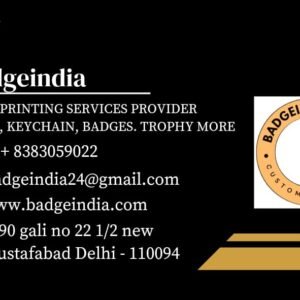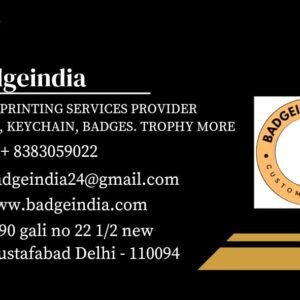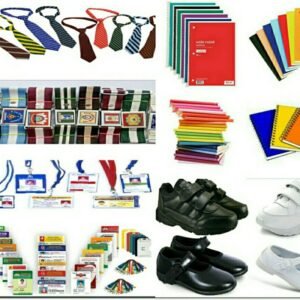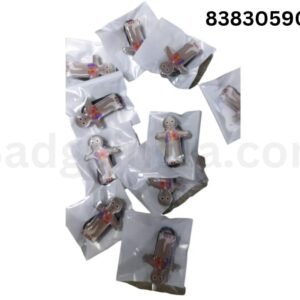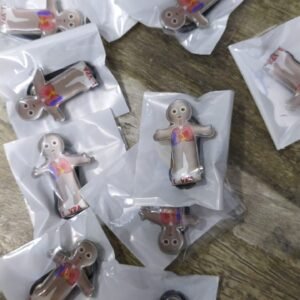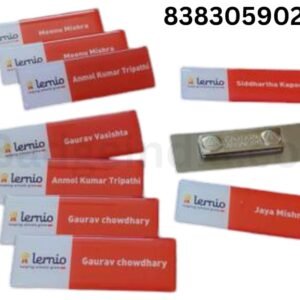New Arrivals
When it comes to creating a professional and organized environment, having well-designed name badges and name tags for your employees or event attendees is essential. Not only do they serve as identification, but they also promote a sense of belonging and unity within the organization or event. In this blog post, we will discuss the importance of name badges and name tags, as well as provide some tips for designing effective ones.
Why are Name Badges and Name Tags Important?
Name badges and name tags play a crucial role in various settings, including corporate offices, conferences, trade shows, and networking events. Here are a few reasons why they are important:
1. Identification
Name badges and name tags make it easy for people to identify each other. In a large event or organization, it can be challenging to remember everyone’s name. By wearing a name badge or name tag, individuals can quickly address each other by name, creating a more personalized and friendly atmosphere.
2. Networking
At networking events, name badges and name tags are particularly valuable. They provide an icebreaker and make it easier for attendees to strike up conversations. When people can see each other’s names and affiliations, it becomes easier to find common ground and establish connections.
3. Security
In a corporate or office setting, name badges and name tags help enhance security. By clearly displaying identification, it becomes easier to identify authorized personnel and distinguish them from visitors or unauthorized individuals. This helps maintain a safe and secure environment.
Tips for Designing Effective Name Badges and Name Tags
Now that we understand the importance of name badges and name tags, let’s explore some tips for designing effective ones:
1. Keep it Simple
When it comes to designing name badges and name tags, simplicity is key. Avoid cluttering the badge with excessive information or graphics. Include only the necessary details, such as the person’s name, company or organization name, and a clear, visible logo.
2. Choose Legible Fonts
Ensure that the font you choose for the text on the name badge or name tag is easy to read. Opt for clear, sans-serif fonts that are legible from a distance. Avoid using fancy or decorative fonts that may be difficult to decipher.
3. Use High-Quality Materials
Invest in high-quality materials for your name badges and name tags. This includes durable cardstock or plastic holders and sturdy clips or lanyards. Using quality materials will ensure that the badges last longer and maintain a professional appearance.
4. Incorporate Branding
If you are designing name badges for a company or organization, consider incorporating branding elements such as colors, logos, or taglines. This helps reinforce brand identity and creates a cohesive look.
5. Add Functionality
Consider adding additional functionality to your name badges and name tags. For example, you could include a QR code that links to the person’s contact information or a magnetic strip for access control purposes. These added features can enhance the usefulness of the badges.
6. Include Pronouns
Inclusive language and practices are important in today’s diverse society. Consider including pronouns on the name badges or name tags to create a more inclusive environment and avoid assumptions about gender identity.
7. Regularly Update and Replace
Regularly update and replace name badges and name tags to ensure accuracy and professionalism. As employees change roles or leave the organization, it’s important to provide them with updated badges. Additionally, worn or damaged badges should be replaced promptly.
By following these tips, you can design name badges and name tags that are not only visually appealing but also serve their intended purpose effectively. Remember, the goal is to create a positive and professional impression while facilitating identification and networking.
Whether you are organizing a conference, running a company, or hosting a networking event, investing in well-designed name badges and name tags is a worthwhile endeavor. They contribute to a more organized and welcoming environment while promoting a sense of unity and professionalism among participants.

